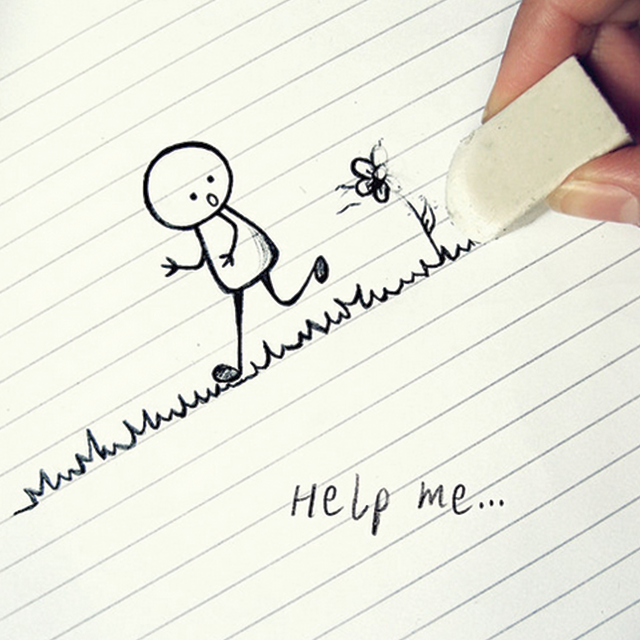Is asking for help easy for you? If you are anything like me, you may find it difficult at times – especially when it feels like a big or vulnerable request. Many of us are so incredibly strong and independent that asking for help does not even occur to us. Or we assume we are burdening someone. Or fears of rejection surface so we play it safe and come up with all kinds of reasons not to ask.
In gearing up for the launch of my last book Expectation Hangover, I have noticed my own stories around making requests of others surfacing. But in order to get the message of overcoming disappointment out into the world, I cannot do it alone.
I have reframed how I perceive asking for help and it has made a world of difference, which I share about in today’s vlog.
Today I have three tips to get you out of your stories that keep you in patterns of not making empowering requests (read below or watch here).
1. Stop making it about you. When you are making a big request of someone, focus on your “for the sake of.” For example, as I am asking people to support my book launch, I am approaching it from being a commitment to easing suffering on the planet. The request is not about personal favors for me, it is about enrolling people in my mission. My fear of rejection is totally trumped by the passion and enthusiasm I have for my “for the sake of.”
I encourage you to shift your orientation from needy “me” based requests that put you at risk for taking it personally, to making powerful asks out of a commitment to something bigger. As one of my coaches Steve Chandler says, “Needy is creepy.”
2. Call out your fear. Making requests about something you need on a more personal and/or emotional level can feel especially scary. I have found it incredibly helpful to be upfront and honest about the fear that arises when I am making a vulnerable request. Simply by saying, “I am really nervous about asking you this,” it immediately disarms the protective mechanisms that often arise.
The next time you make a request of someone when it feels like the emotional stakes are high, begin with sharing what feelings are present for you. Vulnerability will ease your nerves as well as create a more intimate space for the other person to receive your request with an open heart and mind.
3. Remember people like to be asked for help. It is rather amusing how tripped up we get about asking for help when the truth is we all really love helping each other. I suspect that there are MANY people in your life who want to help you, but do not know how because you project the image of having it all together. There are people in your life that would gladly offer their assistance and are just waiting for you to ask.
We live in an interdependent world. We are here to support each other. We cannot get our messages out alone. We do not have to do it all on our own – it’s exhausting and deprives others of the gift of giving to us.
Just because we can do things on our own doesn’t mean we should. @christinhassler
(Click to Tweet!)
Head on over to the blog and tell me what you are committed to asking for help with. And ask me for help. I’m here to support you!
Blessings,
Christine
Christine Hassler has broken down the complex and overwhelming experience of recovering from disappointment into a step-by-step treatment plan in her new book Expectation Hangover. This book reveals the formula for how to process disappointment on the emotional, mental, physical, and spiritual levels to immediately ease suffering. Instead of wallowing in regret, self-recrimination, or anger, we can see these experiences as catalysts for profound transformation and doorways that open to possibility. You can find more info on her website, and follow her on Twitter and FB.
Image courtesy of vtdainfo.












